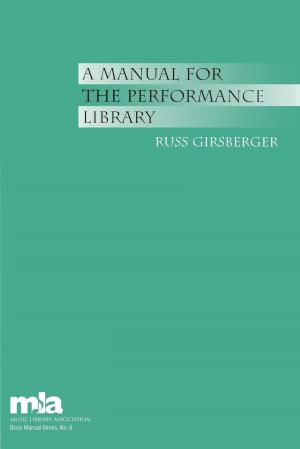Historical Dictionary of Ancient and Medieval Nubia
Nonfiction, History, Reference, Africa, Ancient History| Author: | Richard A. Lobban Jr. | ISBN: | 9780810865785 |
| Publisher: | Scarecrow Press | Publication: | December 9, 2003 |
| Imprint: | Scarecrow Press | Language: | English |
| Author: | Richard A. Lobban Jr. |
| ISBN: | 9780810865785 |
| Publisher: | Scarecrow Press |
| Publication: | December 9, 2003 |
| Imprint: | Scarecrow Press |
| Language: | English |
The Historical Dictionary of Ancient and Medieval Nubia covers the period from the Paleolithic, all the periods of ancient Nubia (Predynastic, Kerma, Dynasty XXV, Napatan, Meroitic, Post-Meroitic) and to the end of medieval Christianity in Nubia (Sudan). This resource focuses on Nubian history through a Nubian perspective, rather than on the more common Egypto-centrism perspective, and the coverage is based on the latest and best archaeological and epigraphic evidence. Newly created maps of the general area and its specific regions and place names and a photospread showing important related features of the region are included. A detailed chronology provides a timeline of historical events, and an introductory narrative shapes the overall history and leads to the main body of the work in the form of a cross-referenced dictionary. The descriptive entries cover the main features of the region in the various periods that are key not only to Nubian events, but also to the important interactions they had with Egypt to the north. Nine appendices and an extensive bibliography conclude this work. Lobban has been teaching Nubian studies in undergraduate classrooms for thirty years, and this book is a product of his hands-on experiences as well as extensive anthropological fieldwork and travel in Sudanese and Egyptian Nubia.
The Historical Dictionary of Ancient and Medieval Nubia covers the period from the Paleolithic, all the periods of ancient Nubia (Predynastic, Kerma, Dynasty XXV, Napatan, Meroitic, Post-Meroitic) and to the end of medieval Christianity in Nubia (Sudan). This resource focuses on Nubian history through a Nubian perspective, rather than on the more common Egypto-centrism perspective, and the coverage is based on the latest and best archaeological and epigraphic evidence. Newly created maps of the general area and its specific regions and place names and a photospread showing important related features of the region are included. A detailed chronology provides a timeline of historical events, and an introductory narrative shapes the overall history and leads to the main body of the work in the form of a cross-referenced dictionary. The descriptive entries cover the main features of the region in the various periods that are key not only to Nubian events, but also to the important interactions they had with Egypt to the north. Nine appendices and an extensive bibliography conclude this work. Lobban has been teaching Nubian studies in undergraduate classrooms for thirty years, and this book is a product of his hands-on experiences as well as extensive anthropological fieldwork and travel in Sudanese and Egyptian Nubia.















